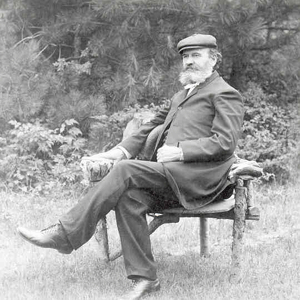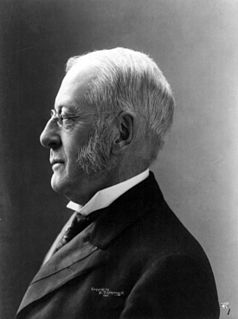A Quote by Charles M. Schwab
My own experience is that there is no real effort in life that is not done better under encouragement and approval of our fellow men.
Quote Topics
Related Quotes
As far as my experience goes, men of genius are fairly gifted with the social qualities; and in this age, there appears to be a fellow-feeling among them, which had not heretofore been developed. As men, they ask nothing better than to be on equal terms with their fellow-men; and as authors, they have thrown aside their proverbial jealousy, and acknowledge a generous brotherhood.
Such is the influence which the condition of our own thoughts, exercises, even over the appearance of external objects. Men who look on nature, and their fellow-men, and cry that all is dark and gloomy, are in the right; but the sombre colours are reflections from their own jaundiced eyes and hearts. The real hues are delicate, and need a clearer vision.
To seek approval is to have no resting place, no sanctuary. Like all judgement, approval encourages a constant striving. It makes us uncertain of who we are and of our true value. Approval cannot be trusted. It can be withdrawn at any time no matter what our track record has been. It is as nourishing of real growth as cotton candy. Yet many of us spend our lives pursuing it.
The truly great consider, first, how they may gain the approbation of God, and, secondly, that of their own conscience. Having done this, they would then willingly conciliate the good opinion of their fellow-men. But the truly little reverse the thing. The primary object with them is to secure the applause of their fellow-men; and having effected this, the approbation of God and their own conscience may follow on as they can.
If people can be educated to see the lowly side of their own natures, it may be hoped that they will also learn to understand and to love their fellow men better. A little less hypocrisy and a little more tolerance towards oneself can only have good results in respect for our neighbor; for we are all too prone to transfer to our fellows the injustice and violence we inflict upon our own natures.
Desire for approval and recognition is a healthy motive, but the desire to be acknowledged as better, stronger, or more intelligent than a fellow being or fellow scholar easily leads to an excessively egoistic psychological adjustment, which may become injurious for the individual and for the community.


































